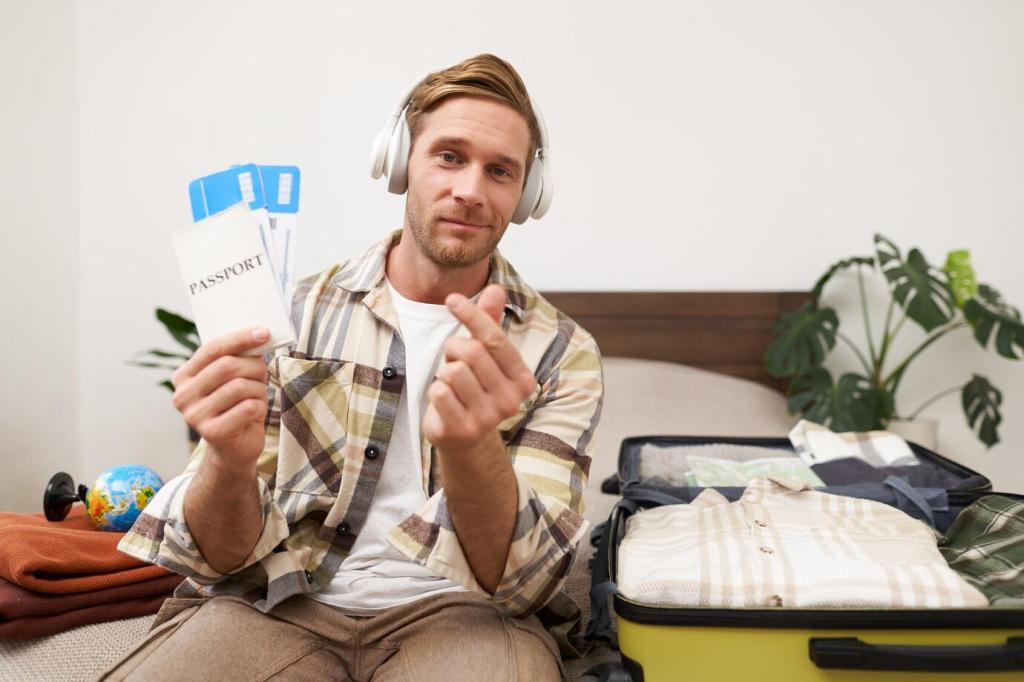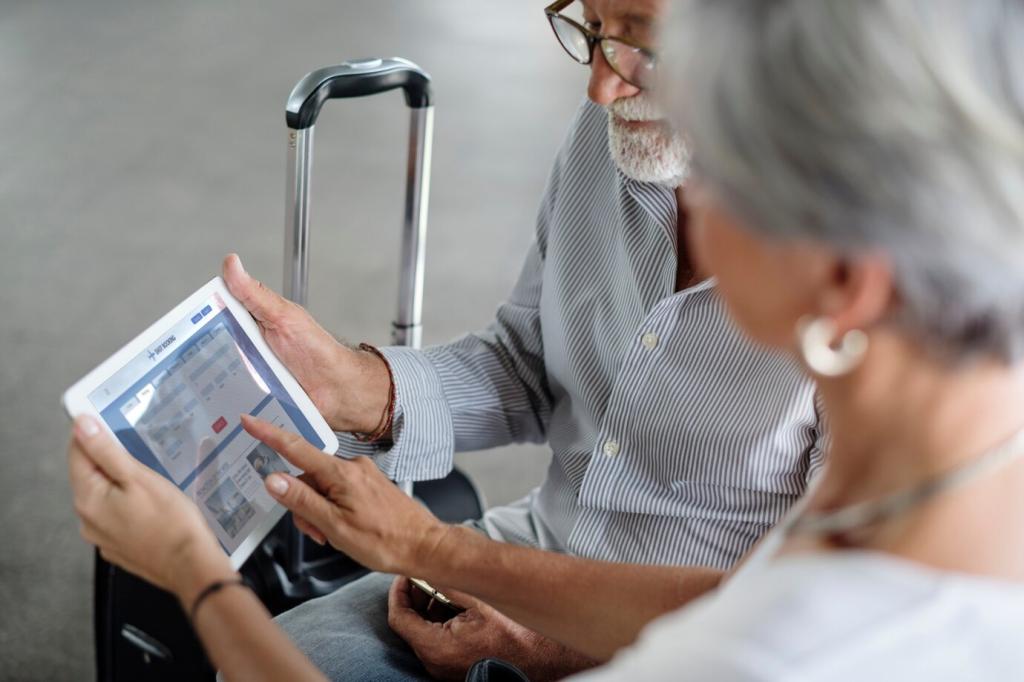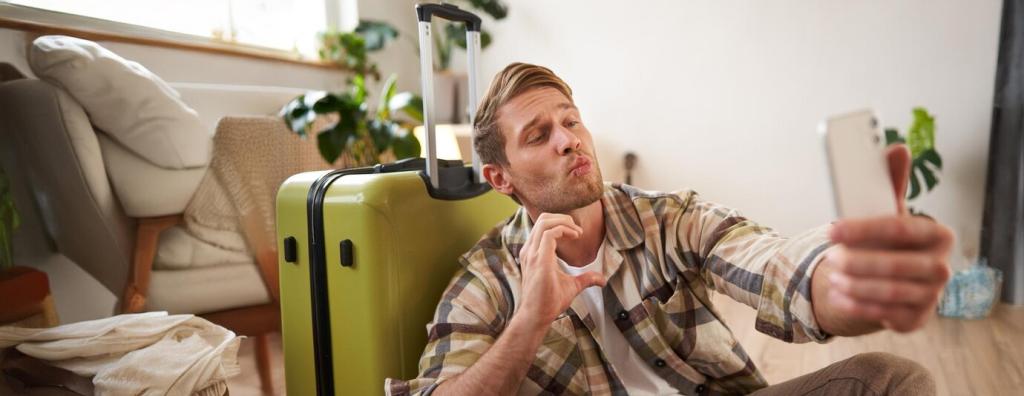Managing Chronic Conditions Abroad
Carry glucose tablets, keep insulin cool with travel packs, and document carb counts for local dishes. Adjust dosing for time zones with professional guidance. Share your go-to low-sugar snacks that travel well through airports and long day tours.
Managing Chronic Conditions Abroad
If you use oxygen, arrange airline approvals early and confirm availability at the destination. For heart conditions, carry recent ECG summaries. Comment with your experience using portable concentrators to help others plan air travel confidently.









